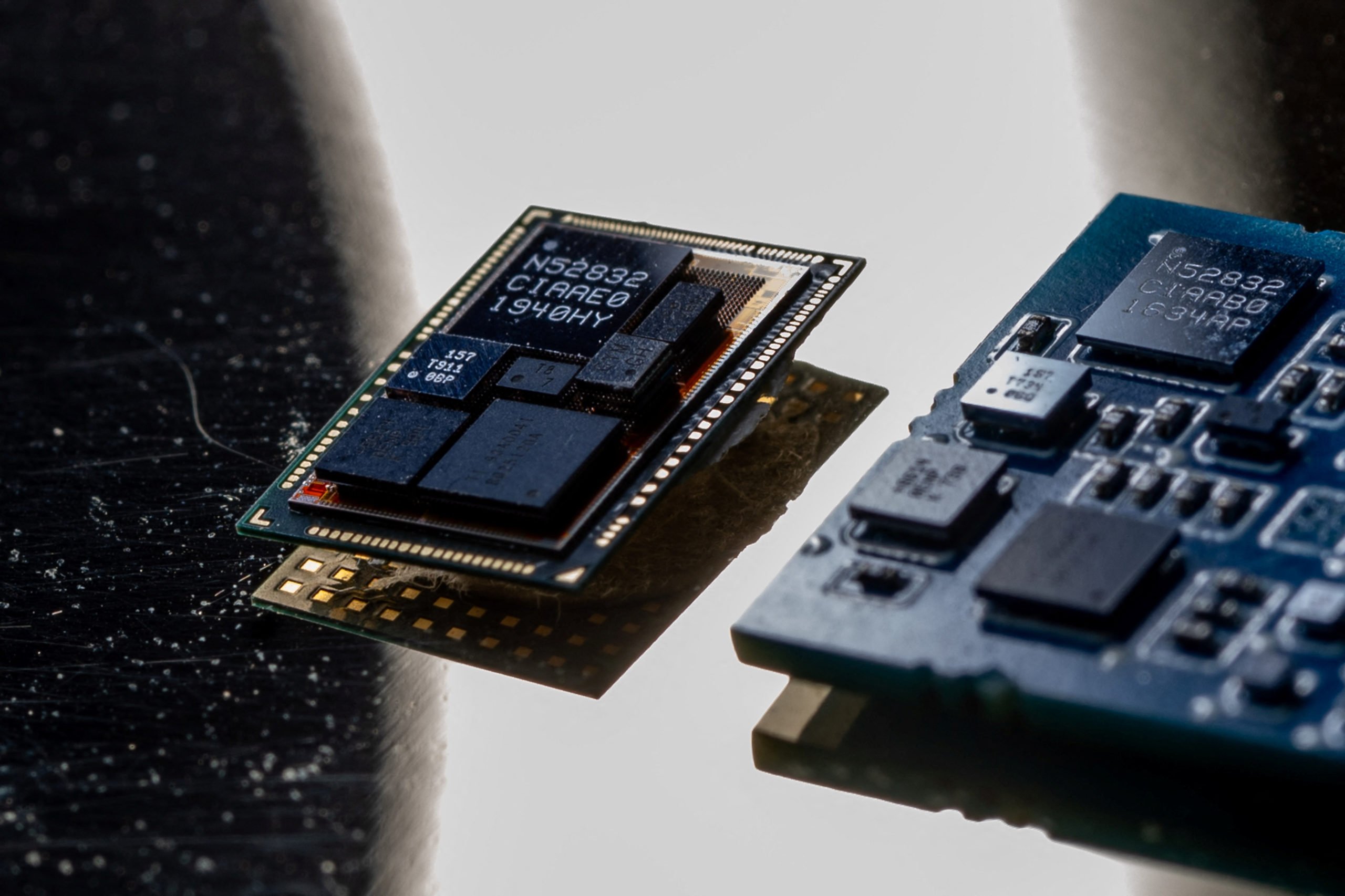China is making “chiplets,” a modern type of computer processor that is smaller and more modular than traditional designs, the core of its strategy to compete technologically with the United States, Reuters reported Thursday.
In one case, formerly American intellectual property from Silicon Valley startup zGlue has begun appearing in the chiplet designs of Chinese tech firm Chipuller, which purchased the U.S. company in 2021, according to Reuters. China and the U.S. have been engaging in a tit-for-tat trade war in an effort to disadvantage each other’s technological capabilities — particularly in the artificial intelligence sector — with the U.S. leveraging its intellectual property and China leveraging its access to minerals and other raw materials necessary to build computer chips. (RELATED: Tensions Between US And China Will Only Grow As Both Countries Enter An AI Arms Race, Experts Say)
Despite U.S. dominance in other areas of computer technology, “U.S.-China competition is on the same starting line,” Chipuller chairman Yang Meng told Reuters. “In other (chip technologies) there is a sizeable gap between China and the United States, Japan, South Korea, Taiwan.”

Demo chips made with chiplets by Silicon Valley startup zGlue are seen in this picture taken in Richmond, California, U.S., July 7, 2023. All of zGlue’s patents have ended up in a new startup in China called Chipuller as zGlue struggled financially. REUTERS/Carlos Barria)
Chiplets are unique compared to traditional processors by focusing on one particular computational task instead of containing an entire “system,” allowing a user to design machines for a particular purpose, according to IBM. The world’s largest contract chipmaker, Taiwan’s TSMC, has already developed a system for its clients to design products using chiplets as building blocks, according to The Wall Street Journal.
“A huge part of the future of semiconductors is packaging and chiplets,” IBM’s head of research Darío Gil told the WSJ. “It’s just much more powerful than having to design a massive chip from scratch.”
Major Chinese corporations, such as Huawei — well known in the U.S. for its alleged spywork on behalf of the Chinese government — have announced plans to develop new chiplet-based devices, as has the Chinese military and public universities, Reuters reported. In 2022 Huawei alone filed more than 900 chiplet-based patents, a 3,000% surge from the 30 it filed in 2017.
In 2021, Chinese firms spent $3.3 billion on chiplet packaging equipment, nearly doubling the previous record high of $1.7 billion set in 2018, Reuters reported. The number fell to $2.3 billion in 2022, still comfortably ahead of this 2018 record despite a slowdown in the chip market that pushed down sales.
“Chiplets have a very special meaning for China given the restrictions on wafer fabrication equipment,” Charles Shi, a chip analyst for brokerage Needham, told Reuters. “They can still develop 3D stacking or other chiplet technology to work around those restrictions. That’s the grand strategy, and I think it might even work.”
Yang described chiplets as the “core driving force” of China’s domestic chipmaking industry, according to Reuters.
“It is our mission and duty to bring it back to China,” said Yang. When Chipuller took over zGlue, it fully acquired all 28 chiplet patents that were owned by the American startup.
All content created by the Daily Caller News Foundation, an independent and nonpartisan newswire service, is available without charge to any legitimate news publisher that can provide a large audience. All republished articles must include our logo, our reporter’s byline and their DCNF affiliation. For any questions about our guidelines or partnering with us, please contact licensing@dailycallernewsfoundation.org.


